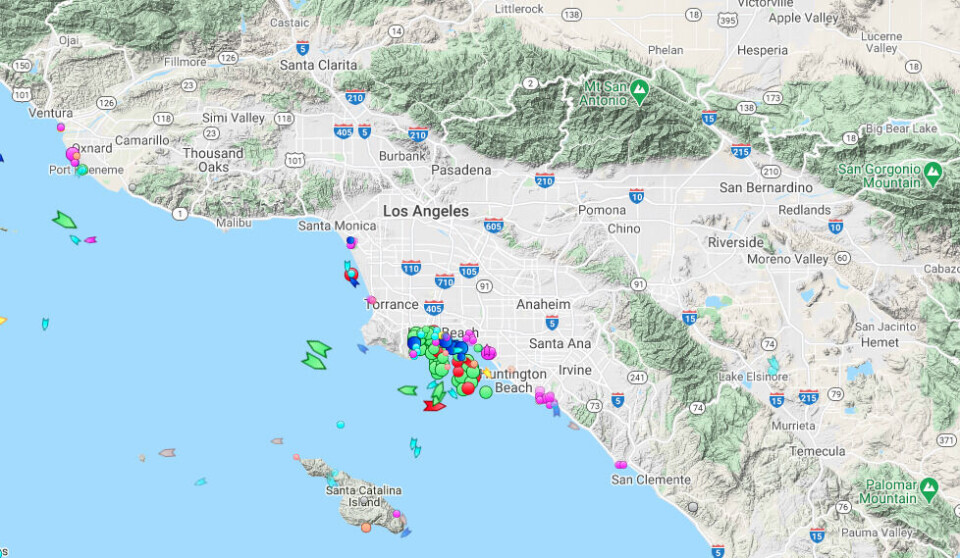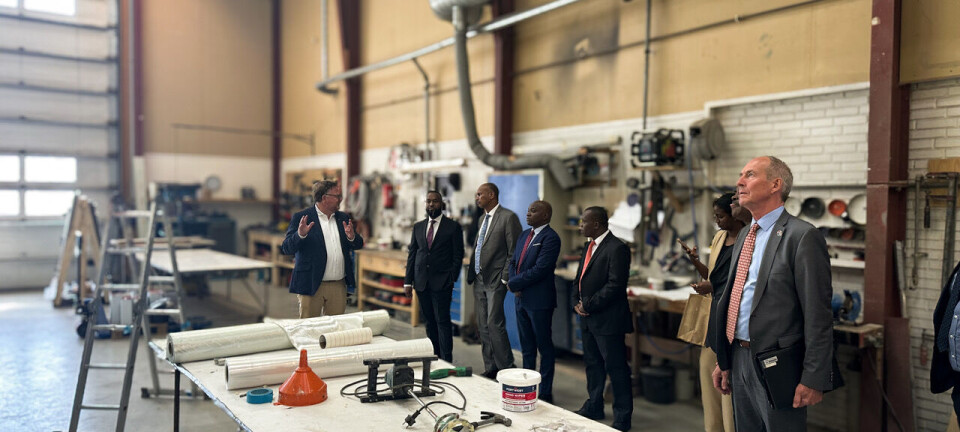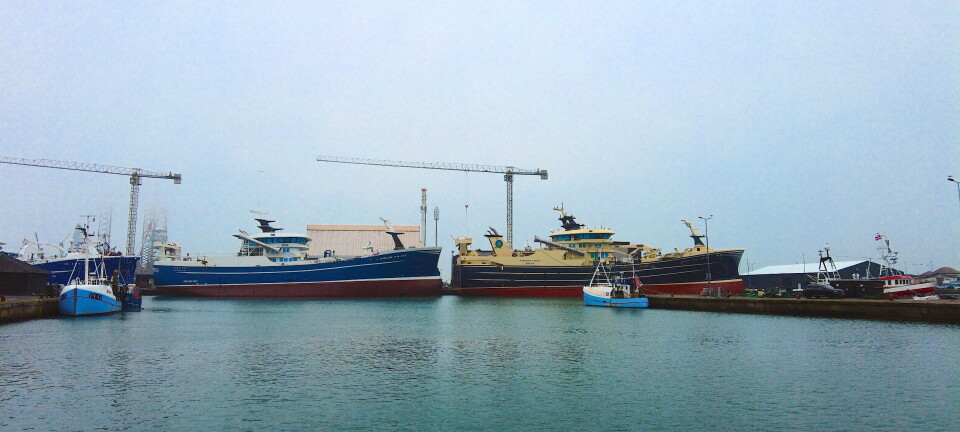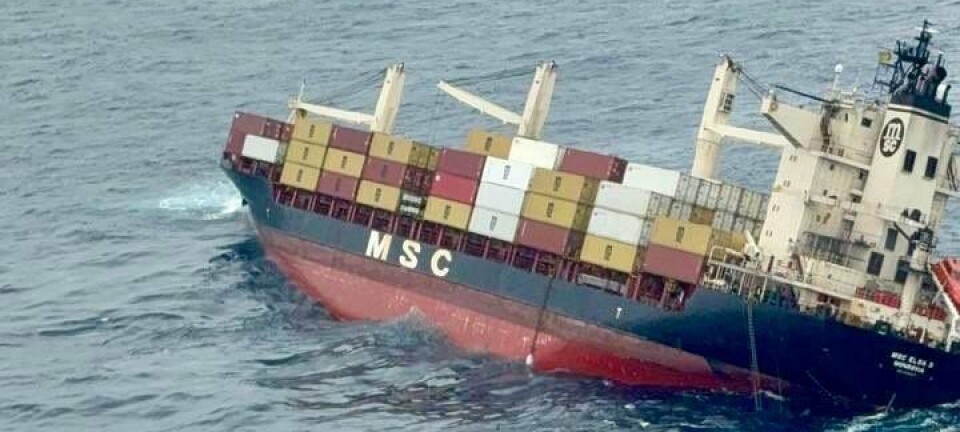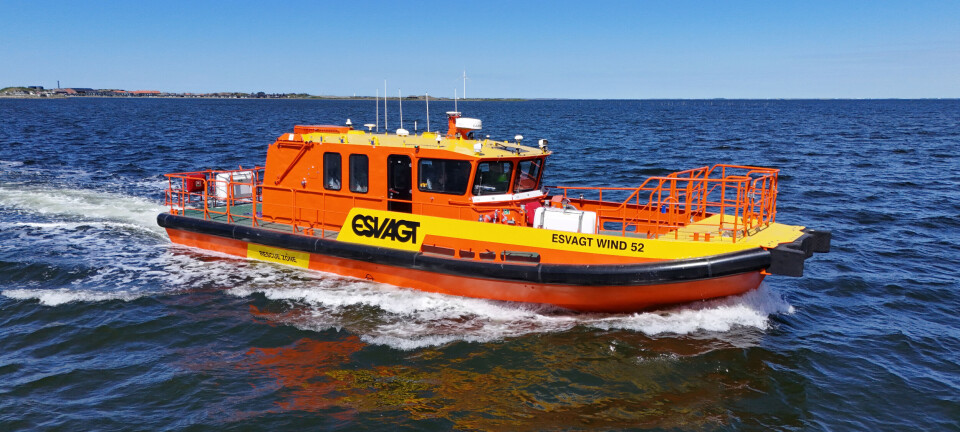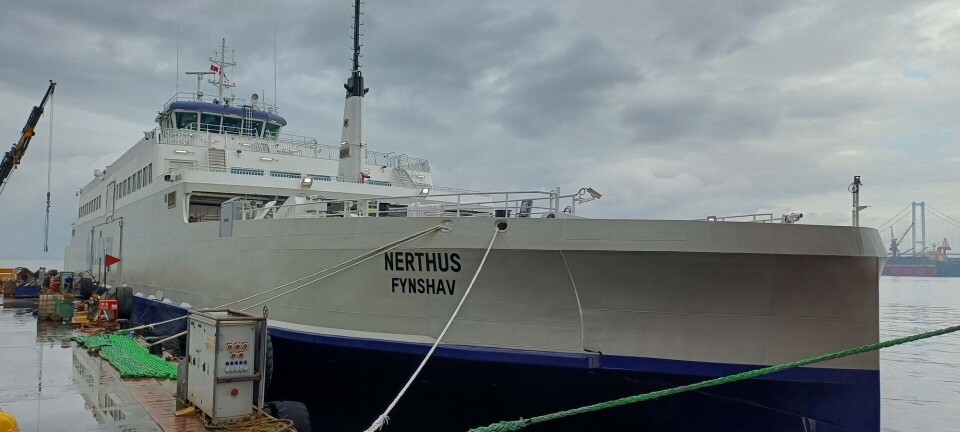US fireworks industry press Buttigieg to alleviate port congestion

The industry worries that the congestion could stifle the Independence Day holiday in the summer.
By Michael McGrady, Maritime Direct Americas & Pacific Correspondent
WASHINGTON — An industry group representing the US fireworks industry announced that it transmitted a letter to Transportation Secretary Pete Buttigieg asking him to implement policy fixes that could alleviate the congestion at the country’s large cargo ports.
The National Fireworks Association specifically asked Buttigieg to recognize the logistics and supply chain issues plaguing the consumer fireworks industry. Like other consumer goods, fireworks are impacted. These conditions could force a shortage of products that could potentially impact the biggest day for sales in the United States — the Fourth of July, or also known as America’s Independence Day.
“The pandemic has thrown the world’s transportation network into total chaos, creating obstacles at every turn,” said Steve Houser, the president of the National Fireworks Association, via a press statement.
“We are writing to ask that you immediately examine our nation’s port and transportation infrastructure to see where the bottlenecks are and immediately implement the changes necessary to streamline the system and return it to pre-COVID-19 conditions. If this is not done within the next few weeks, we fear that this year’s fireworks season will never take place,” Houser warned.
According to the actual letter sent to Buttigieg, 90 percent of the fireworks sold in the United States comes from China.
“Shipping time from China to the United States has doubled from thirty to sixty days, and the cost to ship a forty-foot container of consumer fireworks has nearly doubled in price from over $9,300 to $17,700 per container,” according to the industry letter.
The letter additionally notes that it takes around twenty-one days to berth a vessel and unload cargo at the Port of Long Beach, on San Pedro Bay, in California.
“All these obstacles and challenges are hampering our ability to put product on the shelf for our seasonal small business owners.”
MarineTraffic.com, at the time of this article, shows an extreme backlog for berthing at both the ports in Los Angeles and Long Beach.
